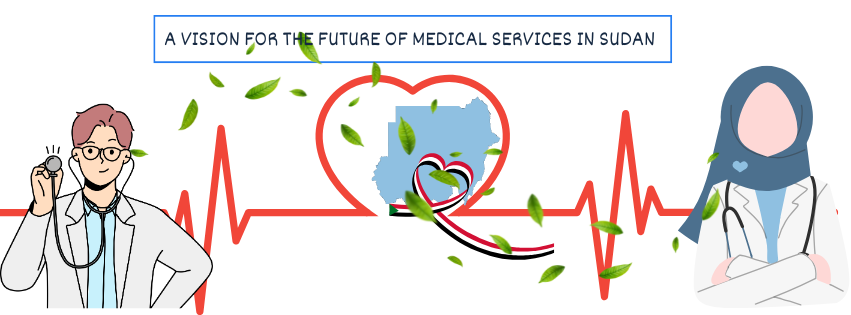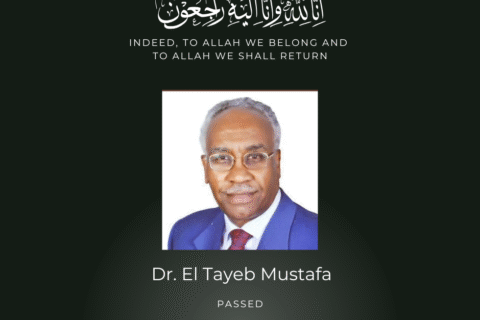
Sudan’s healthcare system stands at a critical crossroads, grappling with deep-rooted challenges but also holding vast potential for transformation. This comprehensive vision, authored by Professor Ahmed Al-Safi, draws on over five decades of experience in medical education, healthcare policy, and hospital leadership to propose a sustainable path forward.
Key Issues Identified:
- Deteriorating health infrastructure due to conflict, underfunding, and poor governance.
- Severe workforce shortages and a brain drain of qualified professionals.
- Inequitable access to primary healthcare, especially in rural and conflict-affected areas.
- High maternal and child mortality rates and the resurgence of endemic diseases like schistosomiasis and malaria.
Proposed Strategic Reforms:
- Establishing a comprehensive national health policy focused on equitable access and sustainability.
- Strengthening public-private partnerships to enhance service delivery.
- Expanding training and retention programs for health professionals.
- Investing in digital health solutions and mobile clinics to reach underserved populations.
- Promoting health governance reforms, transparency, and community participation.
A Systems-Based Approach: The book advocates for aligning Sudan’s healthcare strategy with WHO’s six health system building blocks: governance, service delivery, workforce, information systems, financing, and medical products. It also emphasizes the need for localized and data-driven interventions to rebuild public trust and efficiency.
A Call to Action: Despite a legacy of neglect and conflict, the author expresses optimism. With political will, collaborative governance, and evidence-based policymaking, Sudan can build a resilient health system that ensures access to quality care for all and supports the country’s broader goals of equity and sustainable development.
Professor Al-Safi gave a presentation of this book, in Arabic, in the Book Club 81 on April 20th 2015 that can be accessed here.
The book itself is attached
